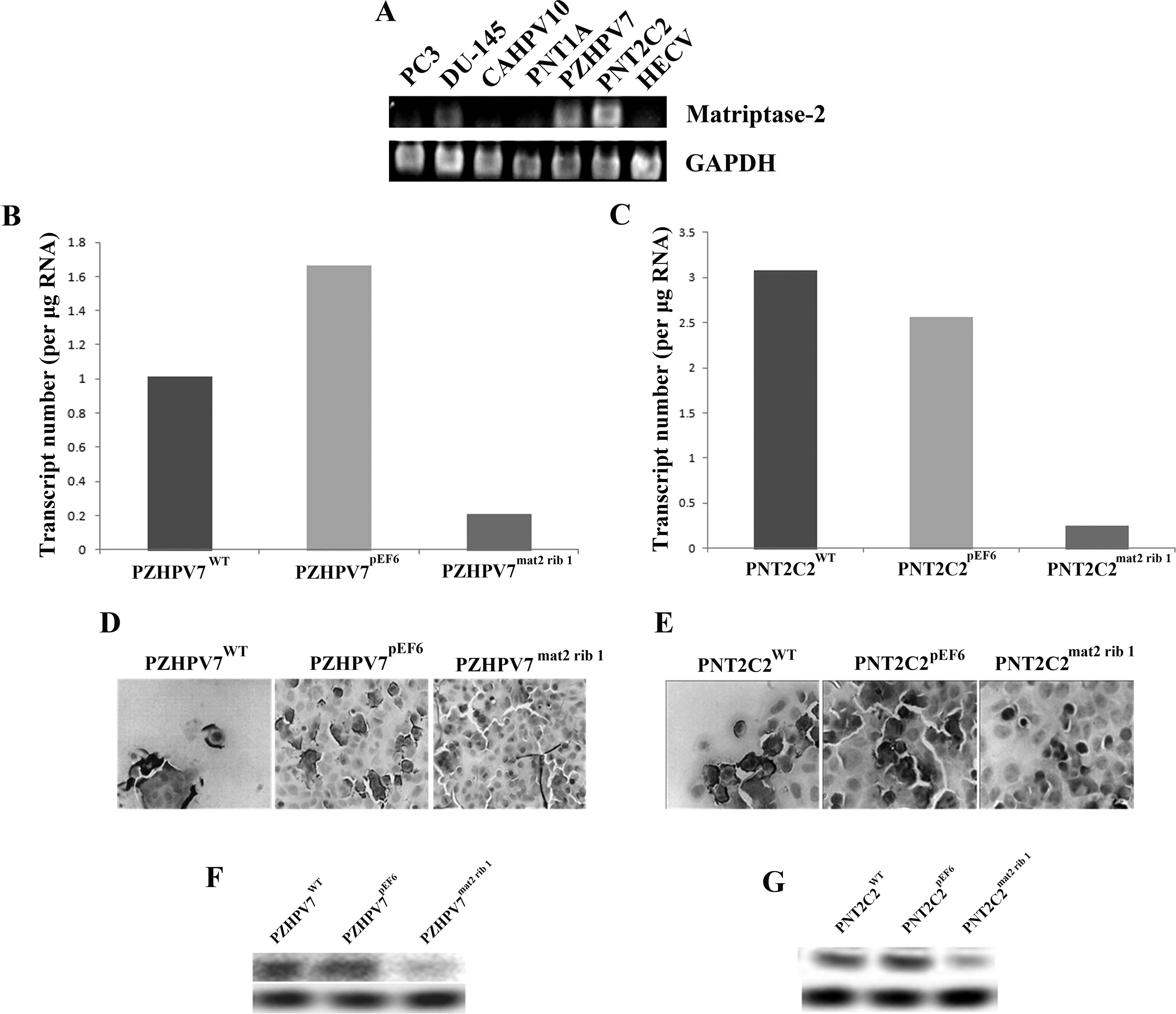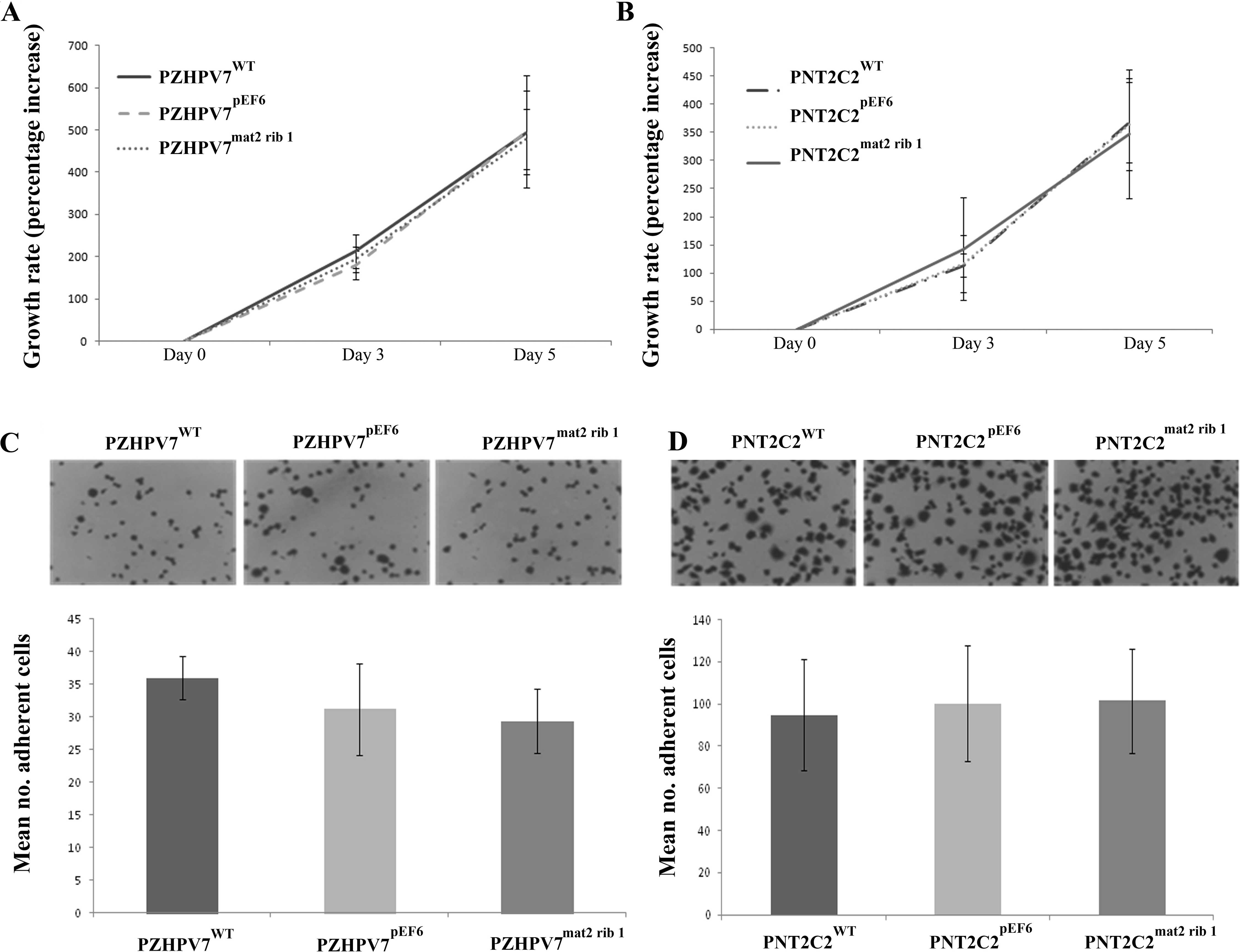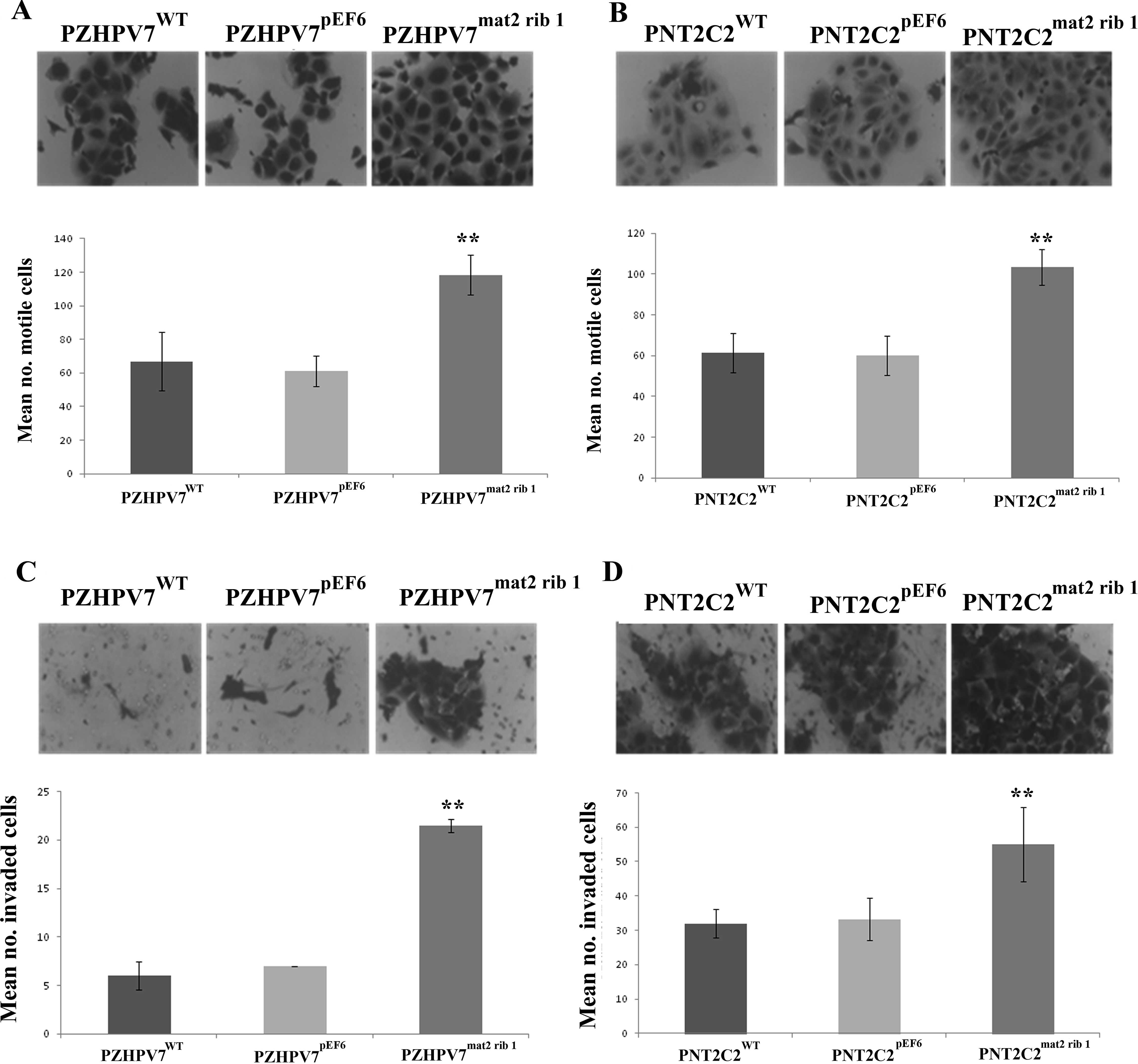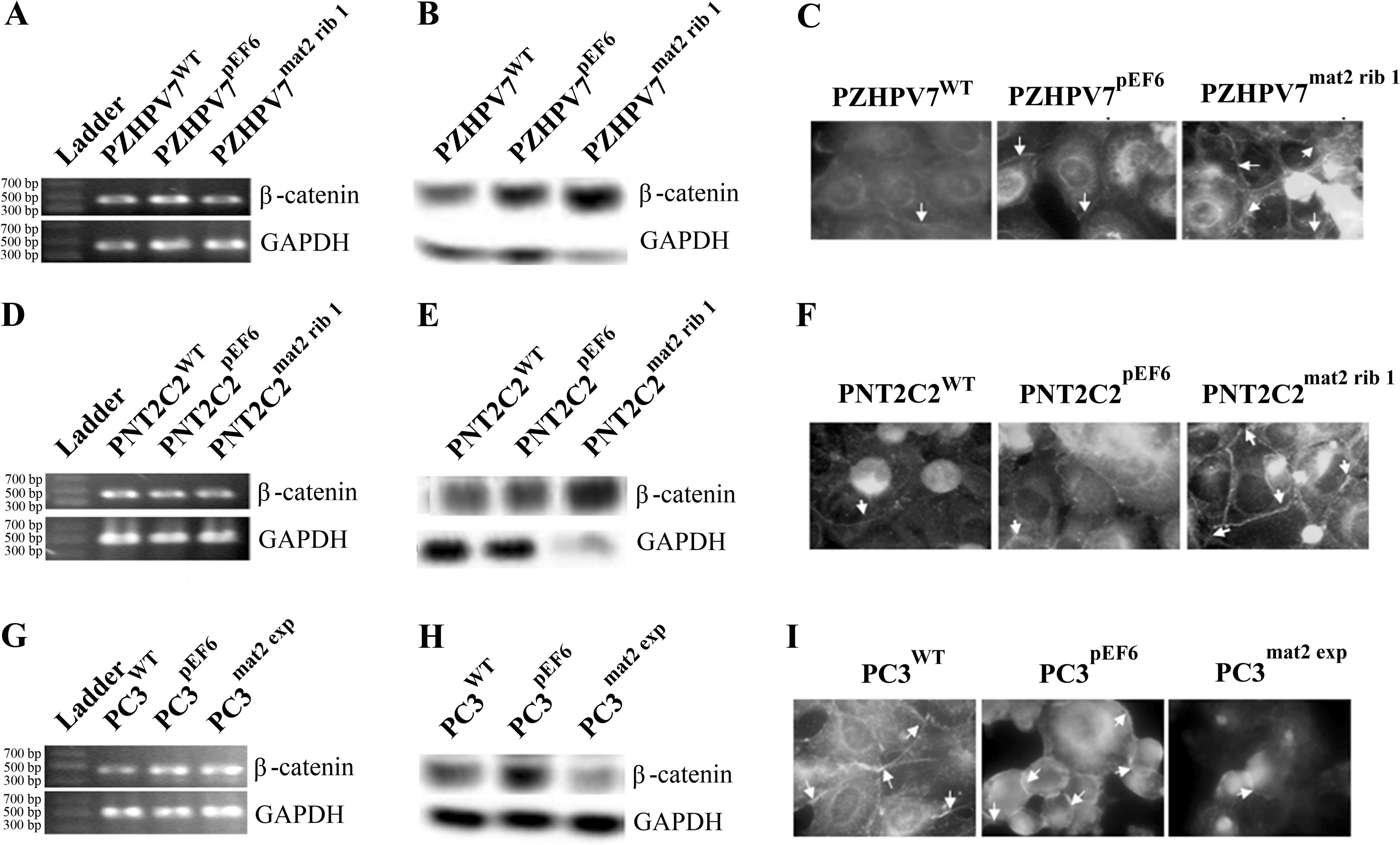|
1
|
Lang JC and Schuller DE: Differential
expression of a novel serine protease homologue in squamous cell
carcinoma of the head and neck. Br J Cancer. 84:237–243. 2001.
View Article : Google Scholar : PubMed/NCBI
|
|
2
|
Lee JW, Yong Song S, Choi JJ, et al:
Increased expression of matriptase is associated with
histopathologic grades of cervical neoplasia. Hum Pathol.
36:626–633. 2005. View Article : Google Scholar : PubMed/NCBI
|
|
3
|
Magee JA, Araki T, Patil S, et al:
Expression profiling reveals hepsin overexpression in prostate
cancer. Cancer Res. 61:5692–5696. 2001.PubMed/NCBI
|
|
4
|
Netzel-Arnett S, Hooper JD, Szabo R, et
al: Membrane anchored serine proteases: a rapidly expanding group
of cell surface proteolytic enzymes with potential roles in cancer.
Cancer Metastasis Rev. 22:237–258. 2003. View Article : Google Scholar : PubMed/NCBI
|
|
5
|
Wallrapp C, Hahnel S, Muller-Pillasch F,
et al: A novel transmembrane serine protease (TMPRSS3)
overexpressed in pancreatic cancer. Cancer Res. 60:2602–2606.
2000.PubMed/NCBI
|
|
6
|
Velasco G, Cal S, Quesada V, Sanchez LM
and Lopez-Otin C: Matriptase-2, a membrane-bound mosaic serine
proteinase predominantly expressed in human liver and showing
degrading activity against extracellular matrix proteins. J Biol
Chem. 277:37637–37646. 2002. View Article : Google Scholar
|
|
7
|
Hooper JD, Campagnolo L, Goodarzi G,
Truong TN, Stuhlmann H and Quigley JP: Mouse matriptase-2:
identification, characterization and comparative mRNA expression
analysis with mouse hepsin in adult and embryonic tissues. Biochem
J. 373:689–702. 2003. View Article : Google Scholar
|
|
8
|
Szabo R and Bugge TH: Type II
transmembrane serine proteases in development and disease. Int J
Biochem Cell Biol. 40:1297–1316. 2008. View Article : Google Scholar : PubMed/NCBI
|
|
9
|
Shi YE, Torri J, Yieh L, Wellstein A,
Lippman ME and Dickson RB: Identification and characterization of a
novel matrix-degrading protease from hormone-dependent human breast
cancer cells. Cancer Res. 53:1409–1415. 1993.PubMed/NCBI
|
|
10
|
Tsai WC, Chu CH, Yu CP, et al: Matriptase
and survivin expression associated with tumor progression and
malignant potential in breast cancer of Chinese women: tissue
microarray analysis of immunostaining scores with
clinicopathological parameters. Dis Markers. 24:89–99. 2008.
View Article : Google Scholar
|
|
11
|
Uhland K: Matriptase and its putative role
in cancer. Cell Mol Life Sci. 63:2968–2978. 2006. View Article : Google Scholar : PubMed/NCBI
|
|
12
|
Parr C, Sanders AJ, Davies G, et al:
Matriptase-2 inhibits breast tumor growth and invasion and
correlates with favorable prognosis for breast cancer patients.
Clin Cancer Res. 13:3568–3576. 2007. View Article : Google Scholar : PubMed/NCBI
|
|
13
|
Sanders AJ, Parr C, Martin TA, Lane J,
Mason MD and Jiang WG: Genetic upregulation of matriptase-2 reduces
the aggressiveness of prostate cancer cells in vitro and in vivo
and affects FAK and paxillin localisation. J Cell Physiol.
216:780–789. 2008. View Article : Google Scholar : PubMed/NCBI
|
|
14
|
Hart M, Concordet JP, Lassot I, et al: The
F-box protein beta-TrCP associates with phosphorylated beta-catenin
and regulates its activity in the cell. Curr Biol. 9:207–210. 1999.
View Article : Google Scholar : PubMed/NCBI
|
|
15
|
He TC, Sparks AB, Rago C, et al:
Identification of c-MYC as a target of the APC pathway. Science.
281:1509–1512. 1998. View Article : Google Scholar : PubMed/NCBI
|
|
16
|
Brabletz T, Jung A, Dag S, Hlubek F and
Kirchner T: beta-catenin regulates the expression of the matrix
metalloproteinase-7 in human colorectal cancer. Am J Pathol.
155:1033–1038. 1999. View Article : Google Scholar : PubMed/NCBI
|
|
17
|
Crawford HC, Fingleton BM, Rudolph-Owen
LA, et al: The metalloproteinase matrilysin is a target of
beta-catenin transactivation in intestinal tumors. Oncogene.
18:2883–2891. 1999. View Article : Google Scholar : PubMed/NCBI
|
|
18
|
Zhang X, Gaspard JP and Chung DC:
Regulation of vascular endothelial growth factor by the Wnt and
K-ras pathways in colonic neoplasia. Cancer Res. 61:6050–6054.
2001.PubMed/NCBI
|
|
19
|
Boon EM, van der Neut R, van de Wetering
M, Clevers H and Pals ST: Wnt signaling regulates expression of the
receptor tyrosine kinase met in colorectal cancer. Cancer Res.
62:5126–5128. 2002.PubMed/NCBI
|
|
20
|
Chesire DR, Ewing CM, Sauvageot J, Bova GS
and Isaacs WB: Detection and analysis of beta-catenin mutations in
prostate cancer. Prostate. 45:323–334. 2000. View Article : Google Scholar : PubMed/NCBI
|
|
21
|
Gerstein AV, Almeida TA, Zhao G, et al:
APC/CTNNB1 (beta-catenin) pathway alterations in human prostate
cancers. Genes Chromosomes Cancer. 34:9–16. 2002. View Article : Google Scholar : PubMed/NCBI
|
|
22
|
Voeller HJ, Truica CI and Gelmann EP:
Beta-catenin mutations in human prostate cancer. Cancer Res.
58:2520–2523. 1998.PubMed/NCBI
|
|
23
|
Chesire DR, Ewing CM, Gage WR and Isaacs
WB: In vitro evidence for complex modes of nuclear
beta-catenin signaling during prostate growth and tumorigenesis.
Oncogene. 21:2679–2694. 2002. View Article : Google Scholar
|
|
24
|
de la Taille A, Rubin MA, Chen MW, et al:
Beta-catenin-related anomalies in apoptosis-resistant and
hormone-refractory prostate cancer cells. Clin Cancer Res.
9:1801–1807. 2003.PubMed/NCBI
|
|
25
|
Gounari F, Signoretti S, Bronson R, et al:
Stabilization of beta-catenin induces lesions reminiscent of
prostatic intraepithelial neoplasia, but terminal squamous
transdifferentiation of other secretory epithelia. Oncogene.
21:4099–4107. 2002. View Article : Google Scholar
|
|
26
|
Bierie B, Nozawa M, Renou JP, et al:
Activation of beta-catenin in prostate epithelium induces
hyperplasias and squamous transdifferentiation. Oncogene.
22:3875–3887. 2003. View Article : Google Scholar : PubMed/NCBI
|


















